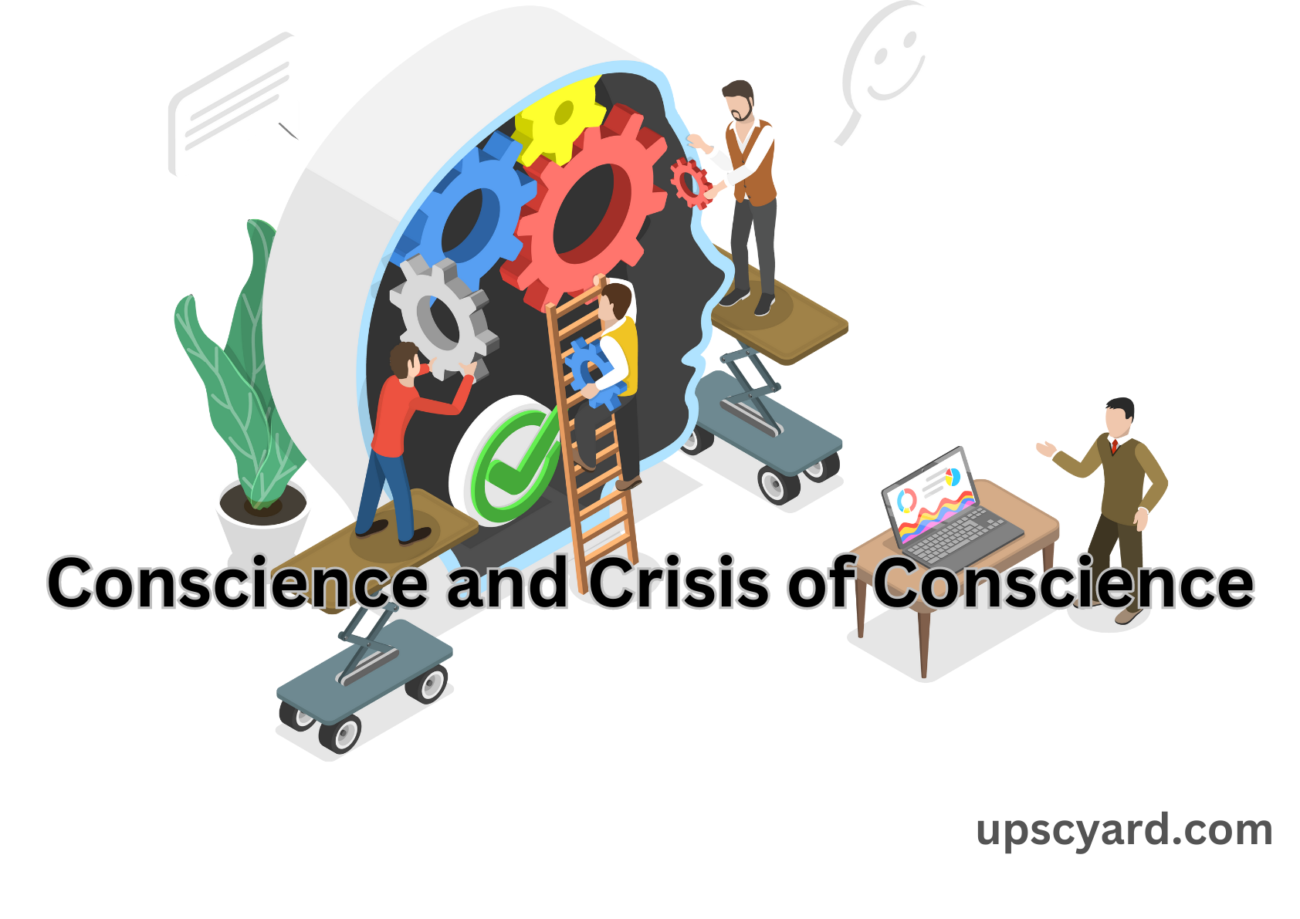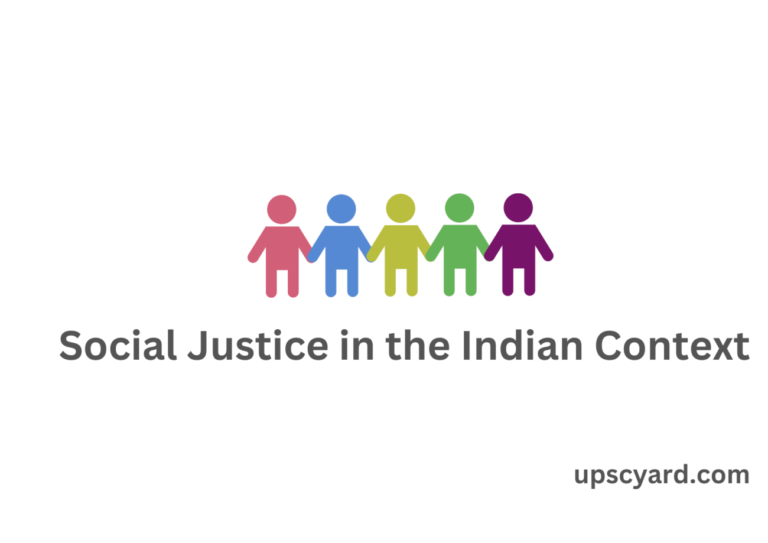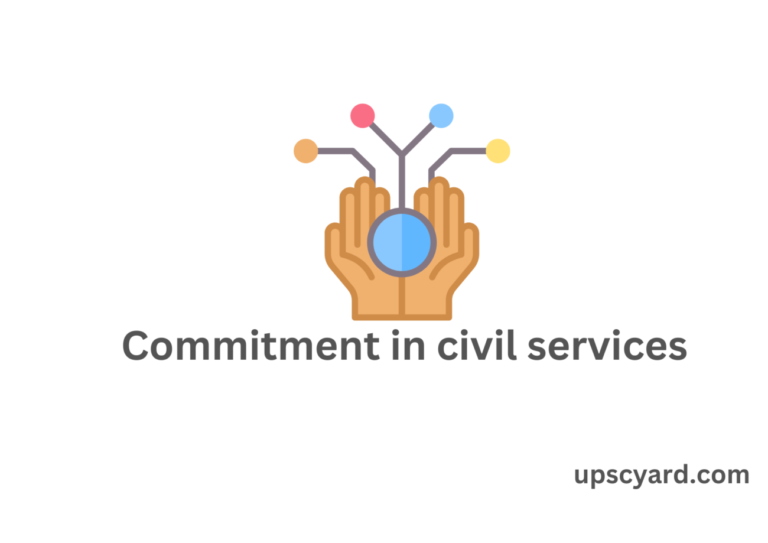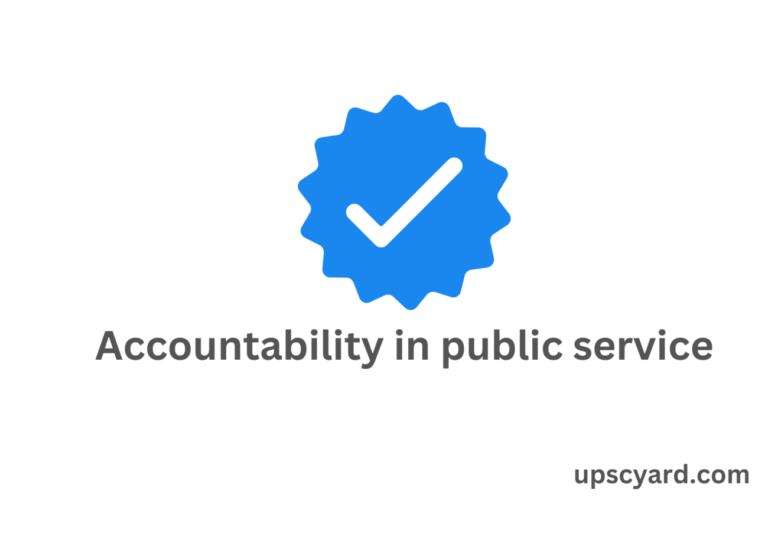Conscience

The notion of conscience is diverse and subjective, not linked to any particular moral standpoint.
Utilizing conscience to justify actions or principles does not inherently provide moral validation, as it remains morally impartial.
The term “conscience” has its roots in the Latin word “conscientia,” which translates to “privilege of knowledge” or “knowledge with.” In English, “conscience” signifies “moral awareness.” It is often symbolized as the “voice within” or the “inner light.” Conscience relates to an individual’s moral understanding of right and wrong and their awareness of their own actions.
From a deontological perspective, conscience is a form of judgment, an intellectual process rather than an emotion. It involves making intellectual decisions in anticipation of specific actions.
In essence, conscience is the capacity, intuition, or judgment that guides us in discerning what is morally correct and what is not. When a person goes against their moral principles, conscience is known to evoke feelings of remorse. Conversely, when our actions, thoughts, and words align with our values, it brings about a sense of pleasure and well-being.
Conscience serves as an ethical compass guiding bureaucrats, politicians, and citizens in making moral decisions.
Within the bureaucratic realm, a moral quandary arises, questioning whether to unquestioningly obey orders from superiors or to uphold the path of righteous judgment. Serving as the crucial link between citizens and politicians, a strong inner voice guides the imperative of serving the nation while upholding the utmost standards of integrity and probity.
For citizens at large, individual and collective consciousness play pivotal roles in defining the current state of society. Engaging in actions like environmental preservation, active participation in elections, dissent against undemocratic principles, and more, becomes paramount. Embracing this consciousness can prevent instances of mob injustice, such as riots and vigilante acts against criminals.
Conscience: Guiding Ethical Decision Making
In matters of moral judgment, ethical decision-making aids us in making optimal choices, whereas secular approaches lack a precise method for determining the correct path.
According to St. Paul, the conscience is an innate moral guide that requires no specific rules or theories to be followed. This concept of conscience is universal and not limited to Christians; it applies to everyone as a moral compass.
However, relying solely on our conscience as a moral guide may not always be ideal. If people act based on their conscience, how can they be held accountable for crimes committed with good intentions? Saint Augustine sees conscience as God’s voice within us, the divine law guiding us to discern right from wrong actions, always leading us towards good and away from evil.
Crisis of Conscience
The quandary of conscience arises when one faces a highly challenging decision, making it exceedingly difficult to discern the right course of action. This term also applies when someone is troubled by the belief that they might have committed an unjust or morally incorrect act.
It goes beyond a mere ethical dilemma; instead, it intensifies the sense of uncertainty. During a crisis of conscience, an individual fears that their actions may contradict the inner voice of conscience, leading to potential ethical wrongness.
In the realm of healthcare and medicine, a crisis of conscience is evident as medical practitioners sometimes decline to administer certain treatments based on their conscientious objection.
Similarly, in the context of military service, another instance of this crisis emerges when individuals face a conflict between their conscientious objections and their duty to serve. While historically rooted in religious beliefs, some pacifists now uphold this stance without relying solely on religious justifications.
Methods for Addressing a Crisis of Conscience
Positive affirmations, heartfelt prayers, and deep meditation empower individuals, instilling self-confidence and self-discipline.
The most impactful approach involves liberating the mind from materialistic cravings, negative influences, and selfish motives.
When faced with a crisis of conscience, one confronts challenging moral dilemmas. It becomes essential to ponder what is equitable and morally right in order to address these dilemmas effectively.
Voice of conscience
The inner voice of conscience acts as our personal guide, distinguishing between right and wrong. It serves as a moral compass, directing us towards virtuous decisions and steering us away from actions we recognize as wrong.
This internal moral compass is frequently associated with feelings of guilt or discomfort when we engage in actions we deem unethical. Conversely, it brings feelings of contentment and tranquility when we act in accordance with what we know is right.
- “The voice of conscience is the voice of God.” -Mahatma Gandhi
- “Conscience is the judge that sits within us.” -Marcus Aurelius
- “The voice of conscience is so delicate that it is easily drowned by the louder voices of passion, ambition, and greed.” -Martin Luther King, Jr.
UPPSC Mains Previous Year Question
Q. What do you understand by “Voice of conscience”? How does it help in performing the duty of civil servants? (UPPSC 2022)
A. The concept of the “Voice of conscience” involves delving into one’s inner self to find the purpose of life. By connecting with this inner voice, individuals can discern between right and wrong actions.
Every person’s “Voice of conscience” is unique, shaped by their spiritual values, morals, and beliefs. Those with strong moral values are more likely to be guided towards ethical choices by their conscience.
In the realm of public service, the “voice of conscience” plays a significant role in aiding civil servants in their duties. It helps them make ethical decisions and find solutions to complex situations based on their personal values. When civil servants encounter dilemmas in their work, the “voice of conscience” helps them navigate these challenges and make decisions that serve the best interests of the public.
By listening to their conscience, civil servants remain sensitive to their duty and are less likely to engage in corrupt practices. It reinforces their commitment to honesty and integrity.
Additionally, the “voice of conscience” contributes to building public trust. When civil servants prioritize their inner voice over external pressures, they can provide better service to society, increasing public confidence in the government and preserving its credibility.
Ultimately, the “Voice of conscience” serves as a guiding force for individuals in complex situations, empowering civil servants to perform their duties with self-assurance and uphold the values that lead to meaningful public service.
UPSC Mains question ( For practice )
Q. Analyze the distinctions among rules, laws, and regulations. Illustrate a scenario, whether from personal experience or fictional, where these three can be superseded by an individual’s conscience.
A. Laws, regulations, and rules differ in their scope and enforcement. Laws are legislative enactments that address specific subjects and are legally enforceable in courts. They can be international, national, or at the state level, and they are created by the legislature with the executive responsible for their enforcement.
On the other hand, regulations are designed to monitor and implement laws effectively. Executives create regulations to provide a detailed framework for the functioning of laws, complementing the broader structure provided by the laws themselves.
Rules, on the other hand, are informal guidelines that promote smooth functioning within organizations and maintain harmony among people. They outline what individuals should or should not do, and they may vary depending on the location, organization, or group of people. Unlike laws, violations of rules do not usually lead to legal challenges.
However, my conscience is troubled by the laws, rules, and regulations that deny Muslim women adequate maintenance after divorce. I find it unjust and unfair to Muslim women, as it fails to address their basic rights. Additionally, there are situations where one’s conscience may override these legal frameworks, such as assisting an accident victim by breaking traffic rules to get them to a hospital when faced with a signal. In such cases, one may prioritize saving a life over strictly adhering to regulations.
Q. Numerous experiments have demonstrated that the majority of individuals tend to prioritize obedience to external authority rather than following the dictates of their conscience. Is there a method to bolster the influence of conscience over authority? Examine
Conscience, an inner faculty of judgment, serves as a tool for self-control, self-correction, and regulation. Despite its parallel existence to external authority, people often prioritize obedience to external influences while disregarding their conscience. To address this, certain reasons contribute to such a situation, along with their respective solutions:
1) The system of reward and punishment: Avoid punishing individuals for defying unjust orders and rewarding those with a servile attitude. This will encourage people to act according to their conscience, even in challenging situations.
2) Preference of obedience over creativity in educational institutions and workplaces: Strive to maintain a balance between obedience and fostering creativity. This approach will allow individuals to nurture their self-consciousness and avoid blind obedience to unjust commands.
3) Lack of freedom in decision-making: Grant individuals authority and accountability over their decisions. When people have the responsibility to make choices, they are more likely to engage in self-reflection and follow their conscience.
4) Conflict of conscience: Teach individuals to resolve conflicts within their conscience instead of blindly adhering to external authority to avoid mental dissonance. Sound moral values should be instilled to develop a strong and morally guided conscience.
While it is crucial to consider one’s conscience, it is equally essential to acknowledge that neither conscience nor external authority should unilaterally dominate the other, as both can sometimes be fallible, as Thomas Hobbes wisely stated, “as judgment, so also the conscience, may be erroneous.” Striking a balance between the two is the key to making informed and ethical decisions.




